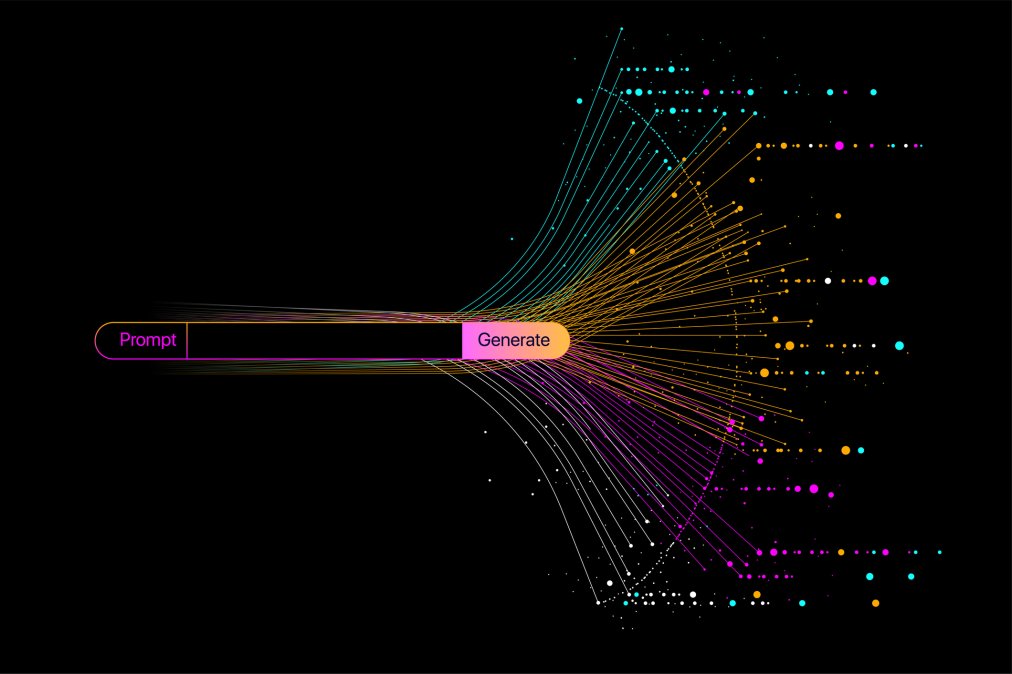What is “Claude AI”?
Claude AI is an advanced conversational artificial intelligence developed by Anthropic, a company focused on creating safe and interpretable AI systems.
Claude AI is named after Claude Shannon, a key figure in information theory. It operates similarly to OpenAI’s GPT models, but Anthropic emphasizes the importance of AI safety, alignment, and ethical considerations in its development.
Claude AI is designed to provide natural, engaging, and helpful conversations, catering to various tasks like answering questions, providing summaries, and generating human-like text.
Key Features of Claude AI:
Claude AI is built with the goal of ensuring that AI systems are both powerful and safe for widespread use. Its key features include:
Safety and Ethical Alignment: Claude AI is designed to minimize the risks associated with AI, such as the generation of harmful or biased outputs. Anthropic has developed the model with strict ethical standards to ensure that it can be used safely in sensitive contexts.
Natural Language Understanding: Like other large language models (LLMs), Claude AI is capable of understanding and generating human-like text. It can hold complex conversations, provide answers to a wide variety of questions, and assist with tasks like summarizing content or providing explanations.
Human-Centered Design: The model is optimized to engage users in thoughtful and meaningful conversations. Its responses are designed to be useful, relevant, and contextually appropriate, making it a reliable virtual assistant in various domains.
Examples of How Claude AI Can Be Used:
Claude AI is versatile and can be employed in multiple sectors for a variety of tasks. Here are a few examples of how it can be used:
Customer Support: Claude AI can be integrated into customer service platforms to handle inquiries, troubleshoot issues, and provide product information in real time.
Content Creation: Writers, marketers, and content creators can use Claude AI to generate text for blog posts, social media content, and marketing materials. It can also edit drafts and offer creative suggestions.
Education and Tutoring: In educational settings, Claude AI can act as a virtual tutor, explaining difficult concepts, providing examples, and answering subject-specific questions.
Legal and Financial Analysis: Professionals in legal or financial sectors can use Claude AI to summarize complex documents, provide basic legal information, or generate financial reports.
Programming Assistance: Developers can rely on Claude AI for software coding assistance, whether it’s writing code snippets, debugging, or providing explanations of programming concepts.
Benefits of Claude AI:
Enhanced Safety and Alignment: Claude AI prioritizes safety by reducing the risk of generating harmful or biased content, which is crucial for high-stakes or sensitive applications.
Versatility: Claude AI can handle queries across a wide range of topics and domains, making it a useful tool for various industries, from customer service to education and legal advice.
Human-like Interaction: Claude AI excels in generating natural and coherent text, making interactions feel more conversational and less robotic.
Productivity Enhancement: It can streamline workflows by quickly generating content, summarizing documents, and answering complex queries, saving users time and effort.
Limitations and Risks of Claude AI:
Dependence on Training Data: Like all AI models, Claude AI’s output is based on the data it has been trained on. If the training data is incomplete or outdated, it can result in incorrect or irrelevant responses.
Risk of “Hallucination”: Although Anthropic has put measures in place to minimize the risk of harmful outputs, Claude AI can still produce inaccurate or nonsensical information, especially when asked highly specific or obscure questions.
Limited Specialization: While Claude AI is a generalist model that can handle a variety of tasks, it may not have the same level of expertise as a human specialist in niche areas.
Input Quality: The quality of Claude AI’s responses is highly dependent on the prompts provided by the user. Ambiguous or poorly phrased queries may lead to less useful or unclear answers.
Cost of Using Claude AI:
Claude AI is available in both free and paid versions, providing users with flexibility depending on their needs:
Free Version: Users can access Claude AI at no cost, which provides basic functionality such as answering questions, summarizing text, and generating conversational content. However, there are limitations on usage, such as the number of queries or the complexity of tasks it can handle in a given period.
Paid Version: For more advanced or extensive use, Claude AI offers a paid version that allows for higher usage limits, faster response times, and access to more advanced features. This version is suited for businesses or individuals who require consistent, high-volume usage or specialized functionality for professional purposes. Pricing details for the paid version can vary depending on usage and integration needs.
Summary of Claude AI:
Claude AI is a powerful conversational AI developed by Anthropic with a focus on responsible AI usage.
It is versatile and can be used for tasks like customer support, content creation, tutoring, and legal assistance. With its emphasis on safety, human-like conversation, and multi-domain expertise,
Claude AI offers substantial benefits. However, it also comes with limitations, such as potential inaccuracies, dependency on user input, and the need for constant updates to its training data.
Users can choose between a free version for basic tasks or a paid version for more advanced usage, making it a flexible tool for a wide range of applications.
Copyright © by AllBusiness.com. All Rights Reserved

